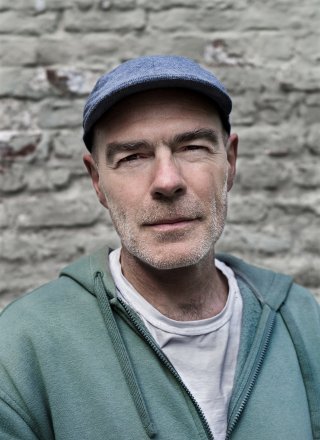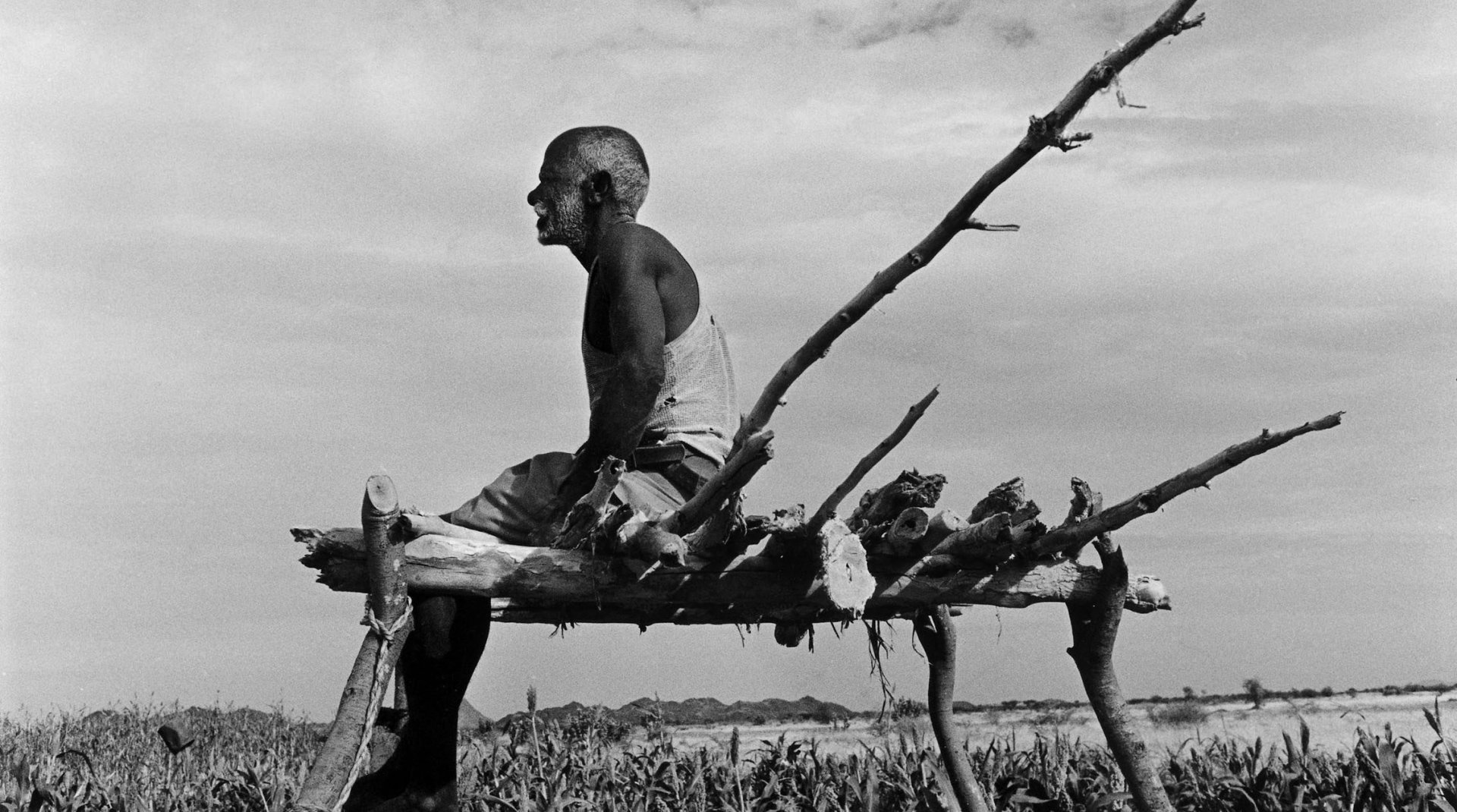
Eritrea, the rebirth of a Nation
Gaël Turine
Eritrea, a former Italian colony, was occupied by the British in 1941. In 1952 the United Nations resolved to establish it as an autonomous entity federated with Ethiopia as a compromise between Ethiopian claims for sovereignty and Eritrean aspirations for independence. However, ten years later the Ethiopian emperor, Haile Selassie, decided to annex it, triggering a 32-year armed struggle.This culminated in independence after an alliance of the Eritrean People’s Liberation Front (EPLF) and a coalition of Ethiopian resistance movements defeated Haile Selassie’s communist successor, Mengistu Haile Mariam. Eritrea emerged from its long war of independence in 1993 only to plunge once again into military conflict, first with Yemen and then, more devastatingly, with its old adversary, Ethiopia. Today, a fragile peace prevails and Eritrea faces the gigantic tasks of rebuilding its infrastructure and developing its economy after more than thirty years of fighting.
Preview
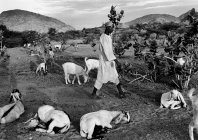
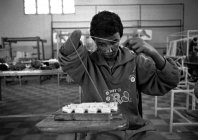

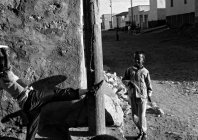
In a world where Muslims and Christians, people of the same god, keep growing further apart, living together seems more impossible with each day. Yet, in the same world, is the small, very poor and newly independent (1993) nation of Eritrea where members of the two religions exist in equal numbers and where each has discovered that to save itself it must also save the other. The seeds of peaceful cooperation between Muslims and Christians in Eritrea were sown, strangely enough, during the 32-year war of independence from Ethiopia that finally came to an end in 1991. The Eritreans would both fight, and neither the Muslim rebels nor the Christians had a chance when alone. Historically, Eritrean Christians and Muslims have seen their country from different levels: the Christians from the high plateau and the majority of Muslims from the semi-arid, yet fertile plains. The nomadic Muslim people took refuge from the Ethiopian army with tribal relations in the Sudan. When they returned after the war, thirty years of history and desertification had erased the world as they knew it. As their relationship with nature had changed, so would their relationship with the Christian community. Because of the religion they shared with both the Italian and British colonists who had settled in the hills, the Christians had been provided with the educational and economic opportunities already acquired at the time of independence. But even with these they realized they could not build a new nation alone and, in fact, that there would have been no opportunity for a nation at all without the help they had received from their Muslim countrymen. It became clear that by lending their resources to the Muslim community to repay that great debt they could make each community stronger and build a nation. Thousands of Eritrean women joined the two main rebel groups during the war with Ethiopia, more than in any other modern conflict anywhere. Encouraged by their fathers and brothers to join the rebel army, the women were trained in arms to join their brethren on the front lines. After the war and their necessary but unprecedented experience as soldiers these women found great difficulty in returning to their more traditional gender roles. Like their new country, the women would need to draw a new map for their own lives. The new government recognized their sacrifice, as well as their dilemma, by giving them access to free education and health care, by giving them priority to find jobs. Today, these women are the source of a great dynamic move in Eritrea. The help pouring down from the hills allows the nomadic people in the plains to approach the necessary changes in their lives with a sense of purpose. Every day they ward off the desert in an effort to breathe new life into their land. Schools, hospitals and roads are built. They work together on the sorghum harvest and dig wells. Fathers send their daughters to school and are allowing women to leave the villages for the first time. Unfortunately, in the background is a political regime consisting of ex-rebels who are clinging to power and have absolutely no basic skills. There are many undemocratic practices moving in; political opponents are being imprisoned, intellectual elites are leaving the country, and while the youth dream of freedom, there are often raids to reinforce the ranks of the army; it is almost impossible to obtain a passport, and there is a ban on independent media. The regime once so promising, symbolizing the victory of freedom over oppression, has moved away from the needs and expectations of the people and is repeatedly condemned by the international community. Eritrean citizens are struggling, caught between hope and despair, between dreams and resignation to their fate, between repression and the thirst for freedom. Over the course of several trips to Eritrea I have watched the Eritrean people, seeing the roots grow under their restless feet, the roots needed for the rebirth of the nation and to save their environment.
Gaël Turine




